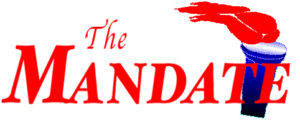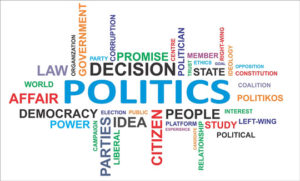My dictionary describes “mandate” thusly: an authoritative command or instruction.
That’s pretty clear, correct?
So, it’s fair to ask: Does a presidential election in which the winner captures more electoral votes than the other candidate, but who fails to win — by an apparently growing margin — the popular vote deliver a “mandate” for the victorious candidate?
I would say categorically, “no!”
Here is what we are facing with the election of Donald J. Trump as the 45th president of the United States. He won, by a comfortable margin, the electoral votes he needed. His opponent, Hillary Rodham Clinton, is continuing to pile up more actual votes than Trump.
The president-elect made some bold pledges while winning. He’s going to build a wall across our southern border, ban Muslims from entering the country, repeal Obamacare, revoke trade deals.
He said that “I alone” can fix what he believes is wrong with the country.
Does an election result that we’ve witnessed give him license to do what he promised to do?
I do not question the legitimacy of Trump’s election. He won this race fair and square. The system wasn’t “rigged” to ensure his election. Sure, some will argue that it was. Keep saying it. It’s not so.
However, I do not sense that voters delivered a “mandate” for him to make sweeping changes.
Richard Nixon was elected in 1968 with 43 percent of the vote. Bill Clinton was elected president in 1992 also with 43 percent of the vote and was re-elected four years later with 48 percent; George W. Bush was elected in 2000 with one more electoral vote than Al Gore, who won more popular votes than Bush. Neither of those men’s victories commanded “mandates” any more than Trump’s. Their victories were equally valid.
For that matter, John F. Kennedy was elected in 1960 with slightly less than 50 percent of the vote, and by a margin of fewer than 140,000 ballots. Is that a mandate … an “authoritative command”? Hardly.
Trump’s fans are continuing to crow about the mandate that their guy captured while defeating a candidate virtually every media pundit, politician and so-called “expert” knew would become the next president.
The Trumpkins need to tone down the boasts. They need to understand that effective and constructive governance is a shared responsibility, that the winners must work with those they defeat.
In this case, more than half of those who voted ended up on the losing end of this election, which adds volume to their voice.
Trump’s mandate? He needs to proceed with great care and caution.


